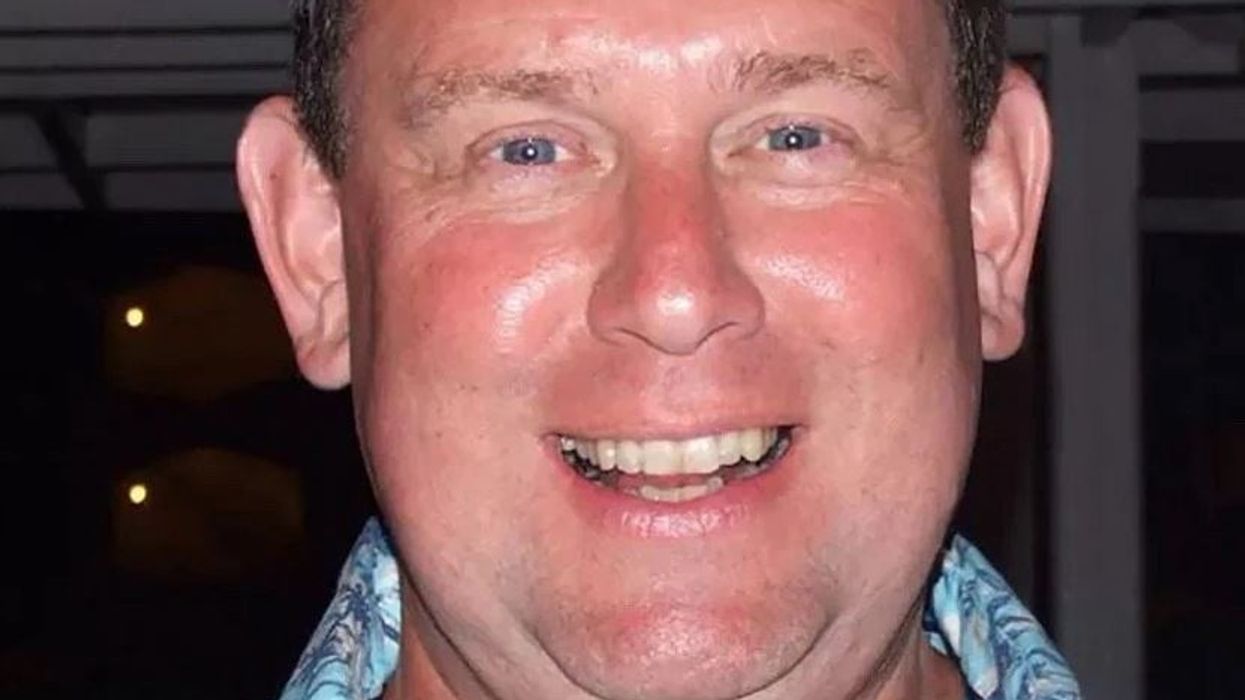A former Metropolitan Police officer has been suspended for posting 'vile and deplorable' racist and derogatory comments on a WhatsApp group, which included former Met officers, media reports said.
Rob Lewis, who has been working on contract with Border Force, has allegedly created the group. According to the BBC, his remarks include racist messages about flooding in Pakistan and derogatory comments about the Rwanda policy and the Duke and Duchess of Sussex.
The Home Office took action immediately after reports about these messages have emerged. It said that it has 'a zero-tolerance approach to anyone displaying racist or discriminatory behaviour'.
"We expect the highest standards of our staff and have a zero tolerance approach to anyone displaying racist, homophobic, misogynist or discriminatory behaviour. Where we are made aware of such behaviour we will not hesitate to take decisive action," the Home Office said in a statement.
It is reported that members of the WhatsApp group include officers in the Diplomatic Protection Group (DPG), a specialist branch which guards the Houses of Parliament and protects ministers. Its name has been changed to the Parliamentary and Diplomatic Protection (PaDP).
The BBC said that many of the images shared in the group were racist and too offensive to show, and some also contain very strongest racial slurs. The broadcaster received the message from Dave Eden, a former member of the DPG. He was a member since its creation in 2016 and claimed he never posted in the group.
"There are references to black politicians, which are extremely unpleasant. The entire undertone is one of racism and misogyny," he said.
Eden served in Met for long 27 years and retired in 2010. While at service he had collected evidence showing prejudice in British policing. "This group tells me that the culture of the Metropolitan Police hasn't changed. And in fairness, it's not just this group, it's other groups. It's what I'm hearing out of the mouths of ex-colleagues. And what I'm witnessing all the time," he was quoted as saying by the BBC.
Reports also revealed that many Met officers were part of the Whatsapp group but majority of them left following the murder of Sarah Everard last year. Everard was murdered by Met police officer Wayne Couzens, who was a member of the DPG.
New Met Police Commissioner Sir Mark Rowley said that his plans to reform the force is ongoing. Sir Mark added that he will be 'ruthless in rooting out' corrupt officers, including racists and misogynists, from the Met.
"I have taken over as the leader of an organisation that has been far too weak in taking on those who undermine the honest and dedicated majority, who determinedly serve the public. That will change and I will continue to seek out those, from both within and outside the Met, with that constructive anger who can help us reform," he said.
Commander Jon Savell, responsible for professional standards, terms the messages as 'abhorrent'. He pointed out that the behaviour of some officers erodes the confidence that the public has in the police.
"Racism, misogyny, homophobia or any other discriminatory behaviour has no place in the Met. Where such behaviour is identified it will be dealt with robustly, but we will also be actively seeking out those whose actions bring shame to us. We contacted Mr Eden’s representatives when these messages first emerged in April but they declined to share further details. We urge them to reconsider so we can take action. In the meantime we appeal to anyone who has information about such behaviour to make contact," Savell was quoted as saying by The Telegraph.





